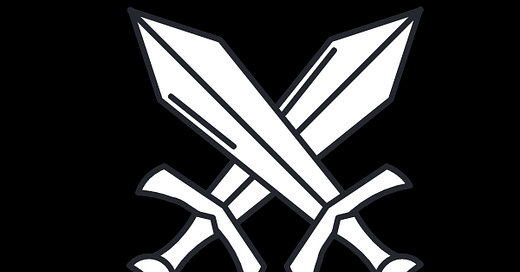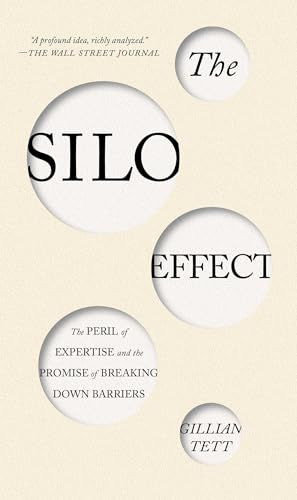This Week's Curation
#5: Metal Chocolate, Cultural norms are just inherited habits and the Future of Europe's airlines
1. Watched: How Toxic Is Your Favourite Chocolate? by Bryan Johnson
Bryan Johnson’s known as the internet’s favourite real-life vampire.
But after falling sick and examining what I eat with a much more critical eye, I think Bryan’s on to something about food supply chain transparency.
Or rather, the lack of it.
Takeaway: Branding & marketing isn't worth the weight of the wrapping our food is sold in.
If a company could sell us plastic, as long as it's deemed edible and tasty, they would.
This video about popular chocolate brands and their heavy metal content was eye-opening. 2. Read: The Silo Effect by Gillian Tett (Chapter 1)
I rarely finish books, but The Silo Effect might be a strong contender.
It’s a book about bureaucracies and how cultural norms stifles innovation, creativity and men from dancing. What’s interesting is it uses an anthropology lens to study the topic.
Who would want to read this?
If you’ve ever felt stifled by cultural norms or organizational rules, this can be an interesting read.
Takeaway: On the French anthropologist Pierre Bourdieu's take on how mental maps are inherited and guides people.
"He did not think that people are robots, programmed to obey cultural rules automatically. Indeed, he did not like the word “rules” at all, preferring to talk about cultural “habits.” But he also believed these habits and the habitus shaped how people behave and think. Social maps are powerful. But they are not all-powerful."
We are guided by habits from society and our surroundings. The difference is whether we notice the programming in the first place.3. Listen: Michael O’Leary on In Good Company
I loved listening to this podcast. After bashing my head with 2 hour long interviews and conversations, listening to a crisp 30-minute interview like this is pure pleasure.
Also, listening to the CEO of Ryanair talk about where the future of the airline industry is going in 5-10 years with clarity and conviction makes me want to up my speaking skills.
Takeaway: A few notes I got from this episode
1. Ryanair is very much a European take on the Southwest Airlines model
2. Michael O'Leary was given the CFO role in his late 20's because the company was nearing financial ruin. That's one way to get into the C-suite I guess.
3. He predicts in the coming years, the industry will trends towards consolidation with smaller airlines being gobbled up by players like Lufthansa and Air France. Bonus Material: Does Taste Matter?
With AI software tools like Cursor and Replit in the space, it’s so much easier now to jump into amateur level programming. While making a software clone isn’t the same as launching a startup, thanks to moats, it does make me wonder:
How much does taste matter when making things?
David Hoang argues yes it does matter, because before jumping into execution, knowing what to make and why comes well before the craft and aesthetics. Meanwhile, Sahil Lavingia discounts taste’s importance (27:00 min mark).
Not because it isn’t important, but because very few people can be considered ‘tastemakers’. The real moat to Sahil is branding and marketing.
I think they are talking about two different things here. David’s take on taste is really about product management and strategy (why are we building this and how does it bring value to build something) while Sahil’s definition on taste is more along design or branding.






The Silo Effect sounds super interesting. I'm working on an essay right now relating to innovation & bureaucracy so this is very timely!